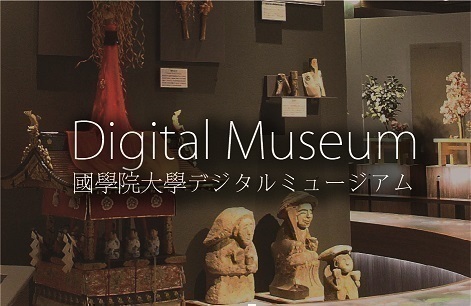- トップ
- Encyclopedia of Shinto
- Tōka Ebisu
Encyclopedia of Shinto
| Main Menu: | |
| Links: |
詳細表示 (Complete Article)
| カテゴリー1: | 5. Rites and Festivals |
|---|---|
| カテゴリー2: | Rituals in Daily Life |
| Title | Tōka Ebisu |
| Text | "Tenth Day Festival of Ebisu." Held on January 10, this is the first of several ritual celebrations of the year held to honor the god Ebisu, and is also therefore referred to as hatsu Ebisu ("the First Ebisu"). Well-known local celebrations are those at the Ebisu shrines at Osaka's Imamiya, Hyogo Prefecture's Nishinomiya, and Kyoto's Kennin-ji. Because Ebisu is one of the "seven gods of good fortune" and associated with monetary success, the festival is particularly popular among those involved in commerce. Once there was a custom in Edo of convening Ebisu confraternities (kō) on the 20th day of the first month as the hatsu Ebisu, but the 10th was and is customary in western Japan. At Nishinoimiya Shrine, January 9 is known as yoi-Ebisu (Ebisu Eve) and January 11 as nokori-Ebisu (Remaining Ebisu). The celebration there is well known for the custom known as igomori in which local parishioners (ujiko) observe a period of abstaining from contact with polluting substances and behaviors (monoimi). They are said to also close doors and windows, avoid making noise, and turn the New Year's pine gateway decorations (kadomatsu) upside down. Beginning at sundown on yoi-Ebisu, the shrine is thronged with merchants and the like praying for prosperity in the coming year. Good luck charms called fukusasa ('lucky bamboo-grass'), kikkyō ('auspiciousness'), taihō ('great treasure'), or kodakara ('small treasure') are sold that are ornamented with miniature straw rice bags affixed to bamboo, old-fashioned oval coins (koban), bream, oversized ledgers, or good-luck mallets. These are placed as offerings on the household Shintō altar (kamidana); replacing them each year with a new one is said to bring good fortune. In Osaka, the custom is for each family to go and make a votive offering of daikon radish, taro, and sacred paper strips (go-hei) in the five colors in order obtain good fortune. It is said that any man who partakes of these offerings will lose his memory. Tales of Ebisu being the god of forgetfulness or hard of hearing are widespread. At Osaka's Imamiya Ebisu Jinja, the custom is for worshippers to repeatedly shout, "We've come! We've come!" and bang on the sidings at the back of the shrine with their fists or small mallets they have purchased as they make their visit. — Iwai Hiroshi |




